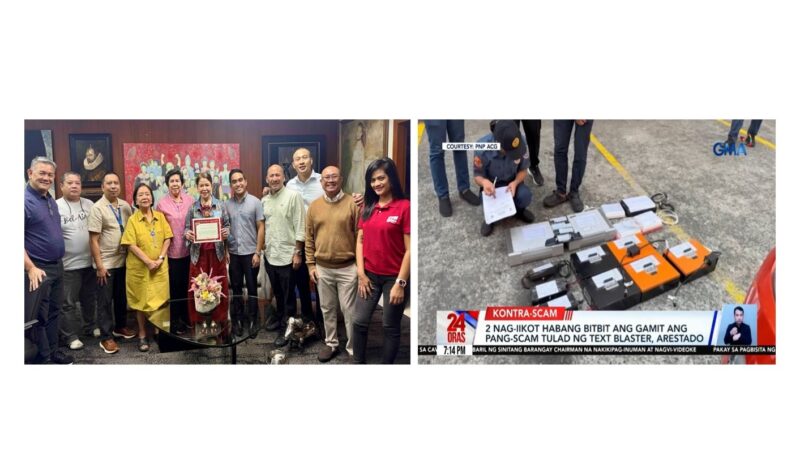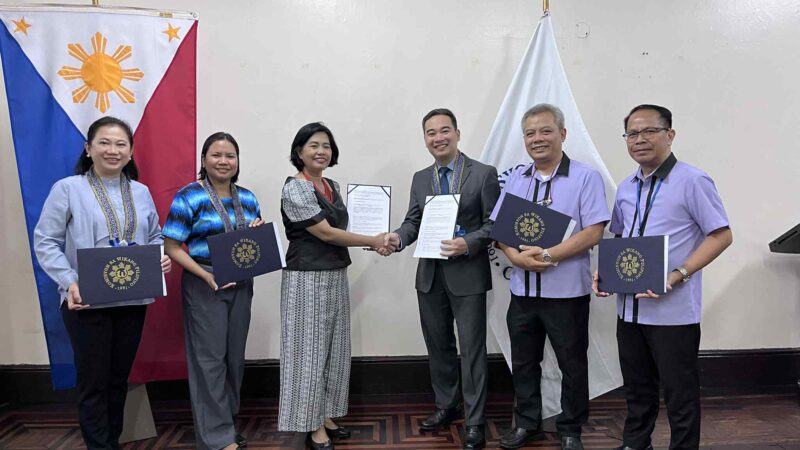Overwhelming needs as earthquakes hit south Turkey and northwest Syria, Doctors Without Borders scales up response

Following the powerful earthquakes that hit the south of Turkey and northwest Syria on February 6, Doctors Without Borders / Médecins Sans Frontières (MSF), already supporting the population of northwest Syria, has mobilized its team along with local partners to respond to the increasing needs in the area. So far, the United Nations has confirmed more than 9,000 wounded and 2,300 dead according to the first estimates in both countries.
Unfortunately, one of our staff members was found dead under the rubble of his house in Idlib, and others lost members of their families. “We are very shocked and saddened by the impact of this disaster on the thousands of people touched by it, including our colleagues and their families,” says Sebastien Gay, Doctors Without Borders Head of Mission in Syria.
“Health facilities are impacted and overwhelmed, and the medical personnel in northern Syria is working around the clock to respond to the huge numbers of wounded arriving to the facilities. From the first hours, our teams treated around 200 wounded and we received 160 casualties in the facilities and the clinics that we run or support in northern Idlib. Our ambulances are also deployed to assist the population,” he adds.
Doctors Without Borders provided immediate support to 23 health facilities across Idlib and Aleppo governorates, by donating emergency medical kits and supporting them with medical staff to reinforce their teams.
Moreover, our teams have donated blankets and essential life kits to the displaced populations in northwest Syria. The level of damage in the region has caused the destruction of hundreds of houses, leaving thousands homeless. It has been snowing the past three days and the population remains outside out of fear of further aftershocks that continued throughout the day.
“The needs are very high in northwest Syria as this quake adds a dramatic layer for the vulnerable populations that are still struggling after many years of war,” adds Gay. “The massive consequences of this disaster will require an international aid effort that is up to the scale.”
Doctors Without Borders remains in close contact with the local authorities in northwest Syria and with the authorities in Turkey to extend our support where it’s needed. We are currently assessing the situation and needs in Idlib, northern Aleppo, and south Turkey to scale up our response accordingly, as the number of deaths and injuries is increasing by the hour.
The first 72 hours are search and rescue
Ricardo Martinez, logistical coordinator: It’s going to be a challenge for us to get as close to the epicenter
This is Ricardo Martinez. I’m the logistical coordinator of the emergency unit in Doctors Without Borders / Médecins Sans Frontières (MSF). And I’m about to leave for Turkey, for our response to the earthquake that happened between Turkey and Syria.
If we want to have a good impact on the intervention, we need to have the full team. So all the profiles are included, and we have been able to find all the colleagues that are needed in this intervention: administration, finance, medical, of course, mental health, logistics, and supply.
The sooner we get in touch with the local authorities, the sooner we will understand what their most acute needs are. And then we will know, we will see. We will coordinate with them. What is our added value in the intervention? The first 72 hours is search and rescue, the most critical part of the intervention, and in parallel the referral system, because there are a lot of wounded, there are a lot of people that got injured and they need urgent surgical intervention.
Chronic diseases and mental health
In parallel, we have to identify these chronic diseases, as they are also collateral damages in this kind of intervention. And then mental health is another pillar of our intervention because we know from experience that it’s crucial. So it’s important to start these activities at the very first moment. And then, more related to shelter and logistics, there will be so many people, who have lost everything, and they will need to be in good condition because the winter, as you know, it’s quite tough these days in this part of Turkey and Syria. And then we provide a heating system, energy, water, sanitation, and hygiene.
So it’s going to take us more than expected because the roads, the highways have been damaged. So it’s going to be a challenge for us to get as close as possible to the epicenter of the intervention. And once we are there, we don’t know, we don’t know how long it’s going to take us to be able to do a good assessment in order to understand the most critical needs for the intervention. Probably access is going to be the first challenge, then supply. Supply is important, and we will need to identify as soon as possible the key places where we can get the supply in order to implement the intervention.
Michel Lacharité: Everyone is in the streets
I’m Michel Lacharité, head of the emergency desk for Doctors Without Borders. The earthquake that struck the south of Turkiye was around the city of Gaziantep. We have some teams in Gaziantep coordinating the assistance in northwest Syria. The team is assessing the situation for the population, and what they are seeing at the moment is that everyone is in the streets. They are affected by the cold weather. So they are trying to see what is feasible to do for this one.
We have a very limited vision in terms of medical needs. We know that the two hospitals are affected by the earthquake. The authorities are doing blood bank collections to take care of the first patients of the day. We’re going to know more in the coming days. However, we can confirm that we are going to focus on shelter distribution, non-food items (NFI) distribution, blankets, and clothes. And all this support in Turkiye will be done with our partner, the International Blue Crescent, with whom we worked in the last earthquake in Izmir in 2020.
Wounded in the streets
The situation in North Syria is very dramatic. We know that a lot of people are still living in very bad conditions in precarious shelters. So, fortunately, these people were not injured during the destruction of the shelters. But the majority of the wounded people are concentrated in the cities, and more in the northern part of the northwest of Syria, such as Al-Bab, Afrin, and Azaz. Doctors Without Borders is supporting at least eight hospitals to whom we gave medical kits to perform surgical traumatology. We gave them some blankets for the relatives of the patients. We have a burn unit in Atme City, and some medical staff from this hospital were detached from other hospitals, which perform trauma surgery. ### (PR)






